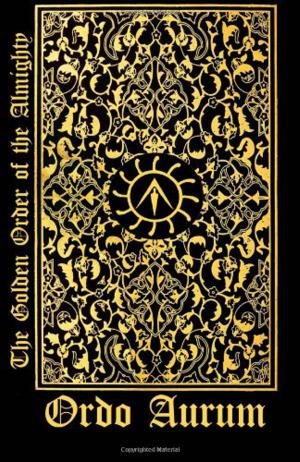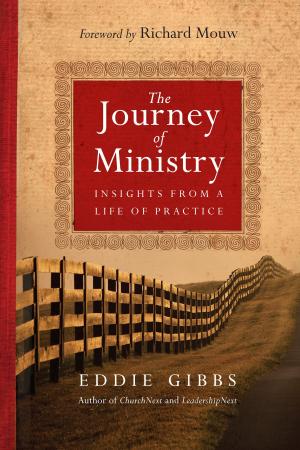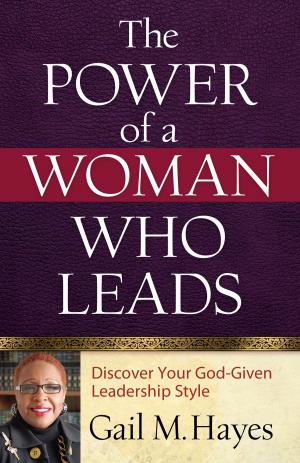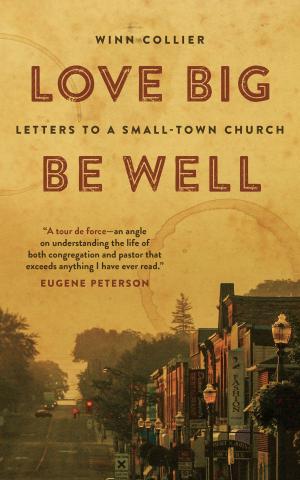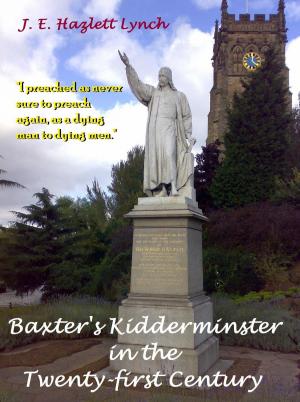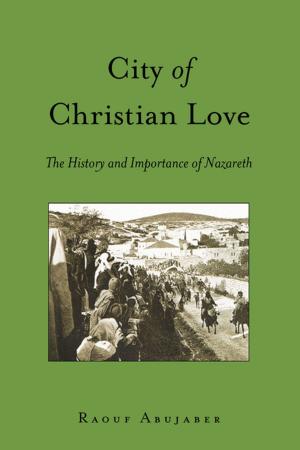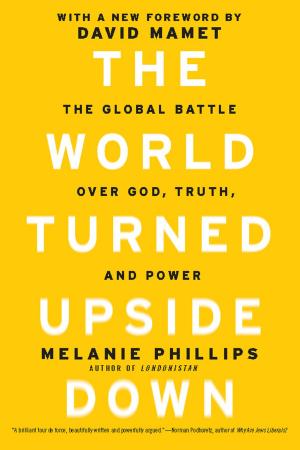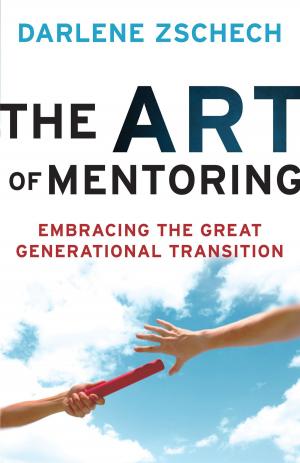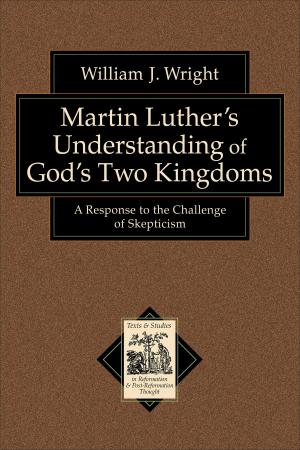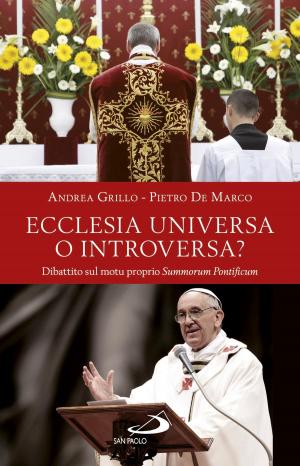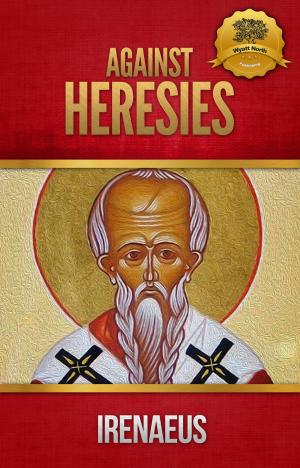Jesus Before Christ
Restoring a Jewish Context for Being Christian Today
Nonfiction, Religion & Spirituality, Christianity, Church| Author: | Michael Jost | ISBN: | 9780989888523 |
| Publisher: | Foundation for Contemporary Theology | Publication: | August 23, 2013 |
| Imprint: | Language: | English |
| Author: | Michael Jost |
| ISBN: | 9780989888523 |
| Publisher: | Foundation for Contemporary Theology |
| Publication: | August 23, 2013 |
| Imprint: | |
| Language: | English |
Jesus was born a Jew, raised as a Jew and died as a Jew. He would never have understood the Christian belief system, because he was not founding a new religion. The earliest followers of Jesus were Jewish and called themselves people of the Way. They constituted a Jewish sect for more than 50 years after the death of Jesus. The earliest use of the term “Christian” referred to the apostle Paul’s ministry to “God-Fearers,” non-Jews worshiping in the synagogues and in other meeting places outside Judea. They were interested in the Jewish faith but, for various reasons, did not want to undergo full conversion to Judaism. This book will be very useful for those Christians who want a better understanding of their own Christian background, but it is aimed at the skeptical believer, the church dropout, and those who reject the religion but seek to understand the meaning of the Jesus Way. When the author, Michael Jost, died in 2010 his manuscript was not yet in a publishable form. The Foundation for Contemporary Theology in Houston, Texas, undertook this task because we believe it is a fine expression of what the Foundation has been doing for 28 years—presenting “the most compelling theological issues of our time,” as our founder Wes Seeliger put it, and promoting a dialogue on these issues with “the largest possible audience.” Michael’s contribution is to argue for the Jesus Way—the practice of being Christian that is Jewish in origin and practice—for today. And he does it with a flair that is personal and simply written for an audience of ordinary folks—folks who may have little if any knowledge of the Bible or biblical history, may not understand theological terminology, and may not be religious but are interested in how and why these texts became the foundation of Christianity. This book is both a personal memoir and a provocative study, and we believe it will also appeal to those of other faiths or of no faith who may have an interest in the themes explored in these chapters. No text has been so misused and abused as the Bible, so the first six chapters of this book are concerned with the religion ABOUT Jesus—a deconstruction of some classical myths about the development of the Bible, the origins of Christianity, the earliest congregations and the evolution of Christian doctrines. Chapters 7 and 8 invite the reader into a different way of thinking about the person who was Jesus and his teachings. It is an introduction to the practice of the religion OF Jesus and why its recovery is so important for the spiritual needs of Christians today. The last chapter—Chapter 9— provides both a summary of Michael’s arguments and his personal reflections on what an American Christian stance in the twenty-first century might look like if Christianity were a movement from a set of beliefs to a way of living. It is meant to encourage you, the reader, to embark on your own journey of rediscovering what it means to be a follower of the Way.
Jesus was born a Jew, raised as a Jew and died as a Jew. He would never have understood the Christian belief system, because he was not founding a new religion. The earliest followers of Jesus were Jewish and called themselves people of the Way. They constituted a Jewish sect for more than 50 years after the death of Jesus. The earliest use of the term “Christian” referred to the apostle Paul’s ministry to “God-Fearers,” non-Jews worshiping in the synagogues and in other meeting places outside Judea. They were interested in the Jewish faith but, for various reasons, did not want to undergo full conversion to Judaism. This book will be very useful for those Christians who want a better understanding of their own Christian background, but it is aimed at the skeptical believer, the church dropout, and those who reject the religion but seek to understand the meaning of the Jesus Way. When the author, Michael Jost, died in 2010 his manuscript was not yet in a publishable form. The Foundation for Contemporary Theology in Houston, Texas, undertook this task because we believe it is a fine expression of what the Foundation has been doing for 28 years—presenting “the most compelling theological issues of our time,” as our founder Wes Seeliger put it, and promoting a dialogue on these issues with “the largest possible audience.” Michael’s contribution is to argue for the Jesus Way—the practice of being Christian that is Jewish in origin and practice—for today. And he does it with a flair that is personal and simply written for an audience of ordinary folks—folks who may have little if any knowledge of the Bible or biblical history, may not understand theological terminology, and may not be religious but are interested in how and why these texts became the foundation of Christianity. This book is both a personal memoir and a provocative study, and we believe it will also appeal to those of other faiths or of no faith who may have an interest in the themes explored in these chapters. No text has been so misused and abused as the Bible, so the first six chapters of this book are concerned with the religion ABOUT Jesus—a deconstruction of some classical myths about the development of the Bible, the origins of Christianity, the earliest congregations and the evolution of Christian doctrines. Chapters 7 and 8 invite the reader into a different way of thinking about the person who was Jesus and his teachings. It is an introduction to the practice of the religion OF Jesus and why its recovery is so important for the spiritual needs of Christians today. The last chapter—Chapter 9— provides both a summary of Michael’s arguments and his personal reflections on what an American Christian stance in the twenty-first century might look like if Christianity were a movement from a set of beliefs to a way of living. It is meant to encourage you, the reader, to embark on your own journey of rediscovering what it means to be a follower of the Way.


